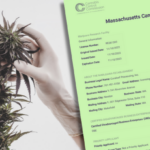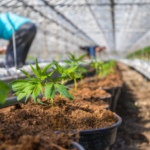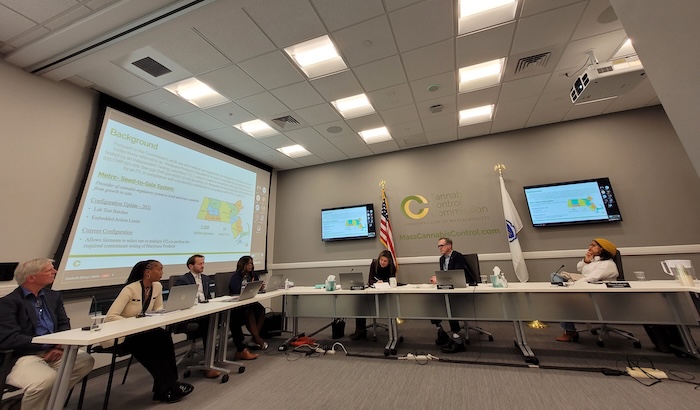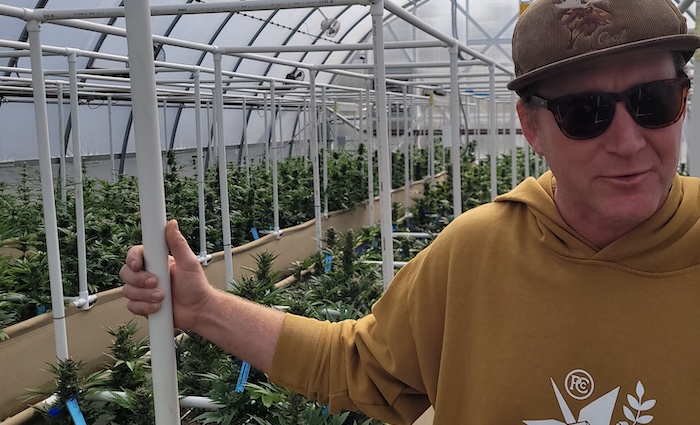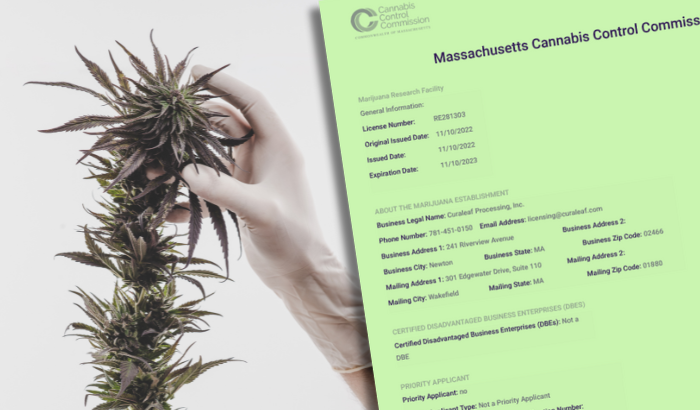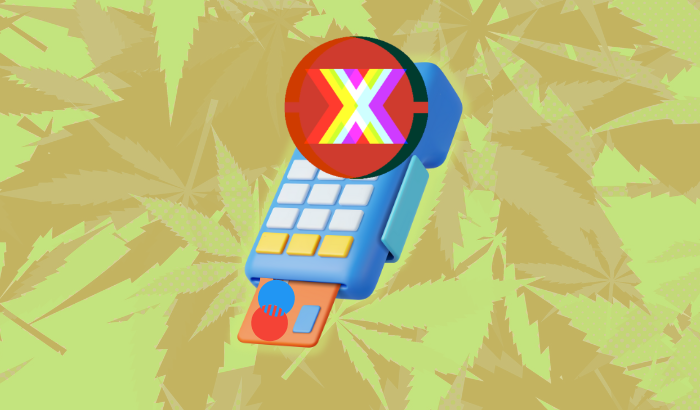
It’s just the latest and most public example of disparities between the industry and its more harmful counterparts
The recent move by Mastercard to ban cannabis debit purchases has once again highlighted the unjust discrimination that the legal cannabis industry continues to face. While cannabis is now legal in about half of the country, it continues to face discrimination and scrutiny and is subjected to excessive regulation and unequal treatment compared to industries like alcohol and tobacco despite being exponentially less harmful and dangerous.
It’s just the latest and most public display of the disparities between the cannabis industry and its more harmful counterparts, shedding light on the unfair treatment endured by cannabis businesses and consumers alike.
The industry’s vulnerability to such decisions emphasizes the urgent need for federal reform. While many states have legalized cannabis for medicinal or recreational use, US law still classifies marijuana as a Schedule I controlled substance.
This is arguably one of the biggest barriers to making money in cannabis because businesses are still treated like illegal narcotics traffickers under federal law.
Consequently, legitimate cannabis businesses face an inordinate number of hurdles in securing financial services and achieving parity with other regulated and non-regulated industries.
Darren Weiss, the president of Verano, a multistate marijuana operator, wrote on social media that it “never ceases to amaze me that an industry that employs hundreds of thousands of people, provides billions in economic benefits, and promotes safer alternatives to pharmaceuticals and commonplace vices continues to be treated like a pariah.”
Mastercard’s decision serves as a major wake up call for lawmakers to address the financial needs of the rapidly growing cannabis sector. The absence of federal recognition for legal cannabis perpetuates unjust discrimination, hindering the industry’s growth potential and stifling economic opportunities. The cannabis industry needs partners for banking, tax relief, and secure payment options, and the lack of federal support remains a significant barrier.
On the plus side, the cannabis community’s calls for federal reform have only grown stronger in the face of this recent maneuver by Mastercard, with many people getting behind one notable legislative proposal that could significantly impact the industry—the SAFE Banking Act. The legislation aims to enable banks to serve cannabis companies without the fear of federal intervention, thereby harmonizing state and federal laws and providing much-needed guidance to financial institutions.
Comparatively speaking, despite the widespread legality of cannabis, it is still treated as an outcast compared to other legal regulated sectors such as alcohol, tobacco, firearms, and prescription drugs. Meanwhile, the unequal treatment on the financial side hinders the industry’s growth and perpetuates an environment ripe for illicit operators.
The passage of the SAFE Banking Act would be a crucial step in leveling the playing field by allowing cannabis businesses to access the same financial services available to other industries. It is time for policymakers to recognize the industry’s potential, offer the support that cannabis companies deserve, and put an end to the discrimination.
In a statement last week, NORML Deputy Director Paul Armentano explained how no industry can operate safely, transparently, or effectively without full access to banks.
“Ultimately, Congress must amend federal policy so that these growing numbers of state-compliant businesses and those millions of Americans who patronize them are no longer subject to policies that undermine their ability to conduct transactions safely and effectively.”
Read Harrison’s whole analysis on The Bluntness here







